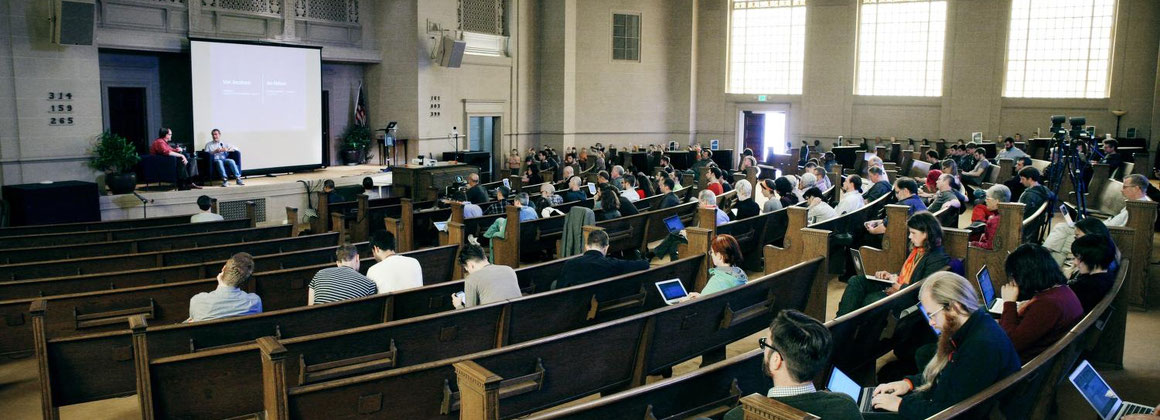Law, Policy, and Governance

The blockchain and other decentralized technologies are now being used in banking, government, even journalism. But some of the very features that make them attractive—cutting out the middlemen and providing complete privacy—may also subvert governmental regulation. As we head into unchartered legal territory, what are the existing laws that impact the Decentralized Web? Are there new rules, new approaches to legal thinking needed to encourage innovation while protecting the public? Can decentralized technologies change governance itself, by supporting more democratic and participatory decision making?
Meanwhile, as our new decentralized web companies arise, how do we ensure they are governed in a way that won't just centralize the web all over again?


Kevin is a summer fellow at the Archive. He currently manages the law and policy track, sponsorships and works on the website development and conference outcome documentation. He is passionate about the flow of ideas across the globe and how we relate technology to our values. He studies history, in particular Latin American history and early modern European history, at Williams College.


Kerry is consulting with the Internet Archive as the coordinator of the Decentralized Web Summit’s law, policy, and governance tracks. She’s also a fellow at the Internet Law & Policy Foundry. Prior to her work on the Decentralized Web Summit, Kerry was consulting policy strategist at the Electronic Frontier Foundation, and a policy fellow at Public Knowledge in Washington, D.C. Her work has focused primarily on copyright, patent, and free expression issues. Her writings have been published in The Hill, Slate, and the EFF’s Deeplinks Blog. She has her J.D. from Boston University School of Law, and was a visiting student at Oxford University, where she focused on media law, and international and comparative intellectual property law. She graduated magna cum laude from the State University of New York at Buffalo with a B.A. in Media Study, where she focused on artistic practices in new media, robotics, and biological art.


Constance is one of the principal drivers of global, collaborative, multi-stakeholder initiatives (www.blockchainworkshops.org and www.coala.global) and her ongoing work is intended to foster sound public policy to allow blockchain technologies to fulfill the great social and economic promise of its technical ingenuity. Her company, Seven Advisory, also supports diverse public and private clients in global regulations, licensing and compliance, government advocacy, and strategic market development for blockchain technologies.


Primavera De Filippi is a Permanent Researcher at the National Center of Scientific Research (CNRS) in Paris, a Faculty Associate at the Berkman-Klein Center for Internet & Society at Harvard University, and a Visiting Fellow at the Robert Schuman Centre for Advanced Studies at the European University Institute. She is a member of the Global Future Council on Blockchain Technologies at the World Economic Forum, and co-founder of the Internet Governance Forum’s dynamic coalitions on Blockchain Technology (COALA). Her fields of interest focus on legal challenges raised by decentralized technologies, their potential to design new governance models and participatory decision-making, and the concept of governance-by-design. Her book, “Blockchain and the Law,” was published in 2018 by Harvard University Press (co-authored with Aaron Wright).


Paul Lindner is a Software Engineer at Google and a contributor to the Perkeep personal archiving project. Paul is a long-time Internet and open-source developer and was one of the founders of the Internet Gopher and a key contributor to Apache Shindig and the OpenSocial Foundation.
